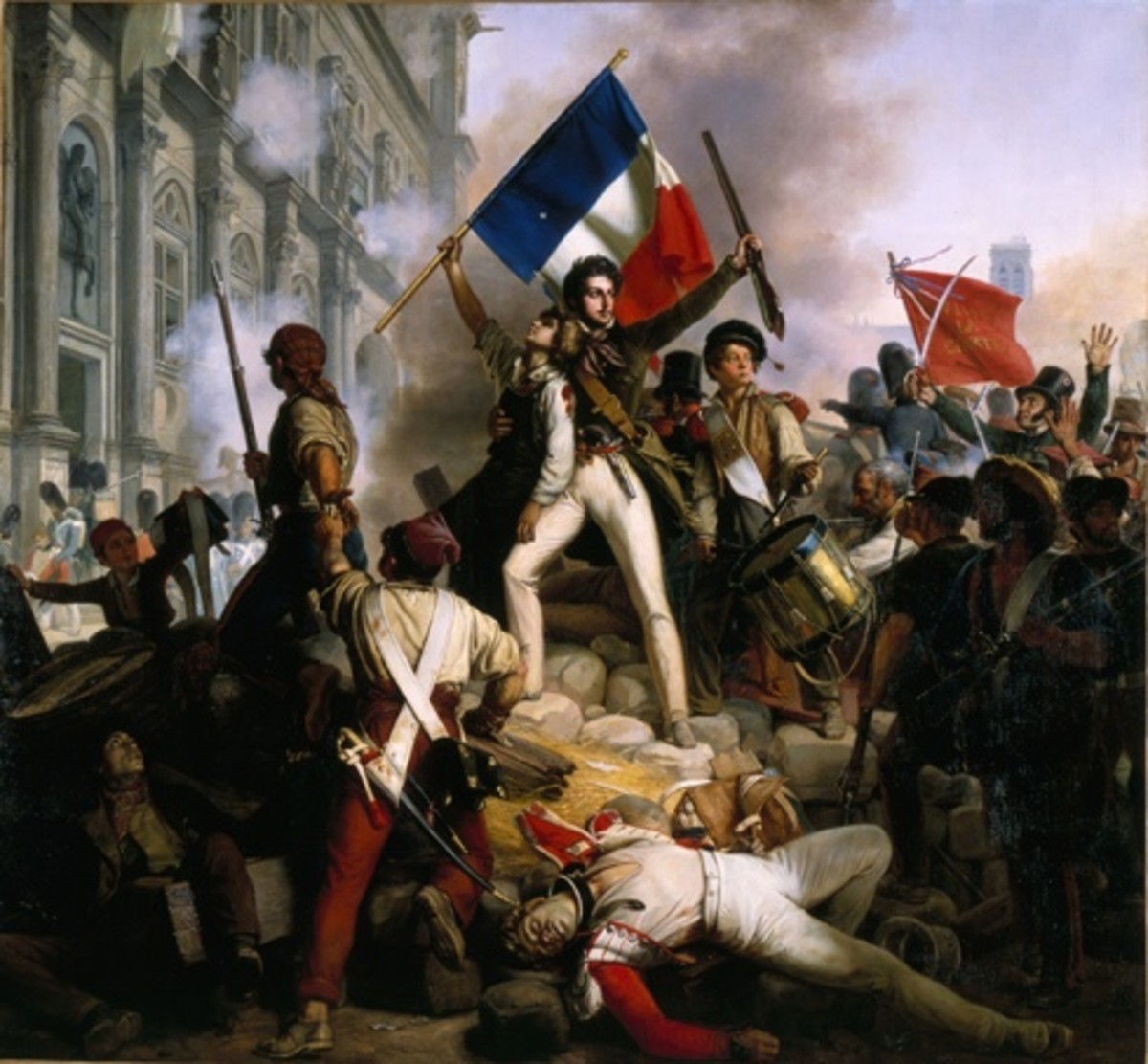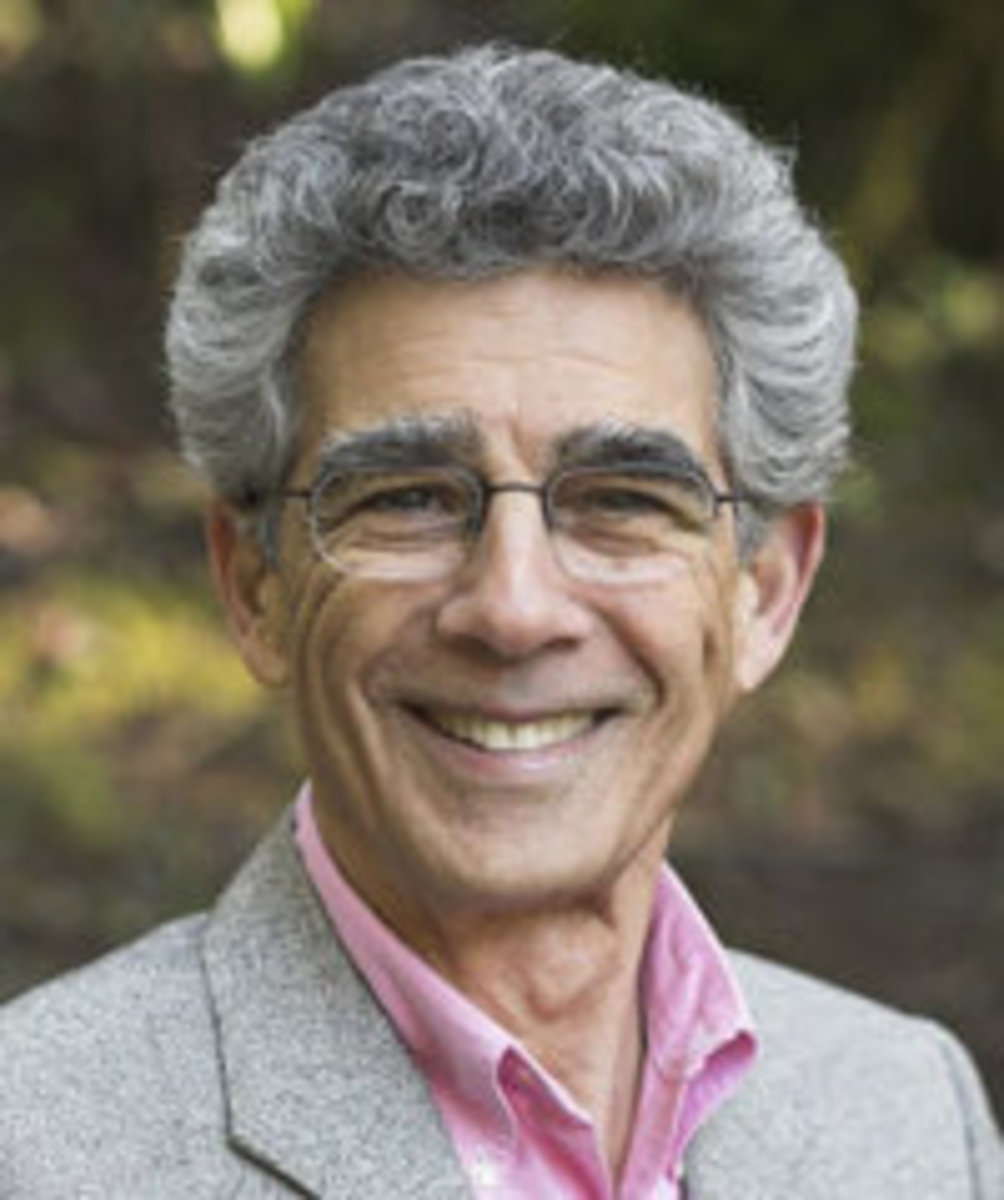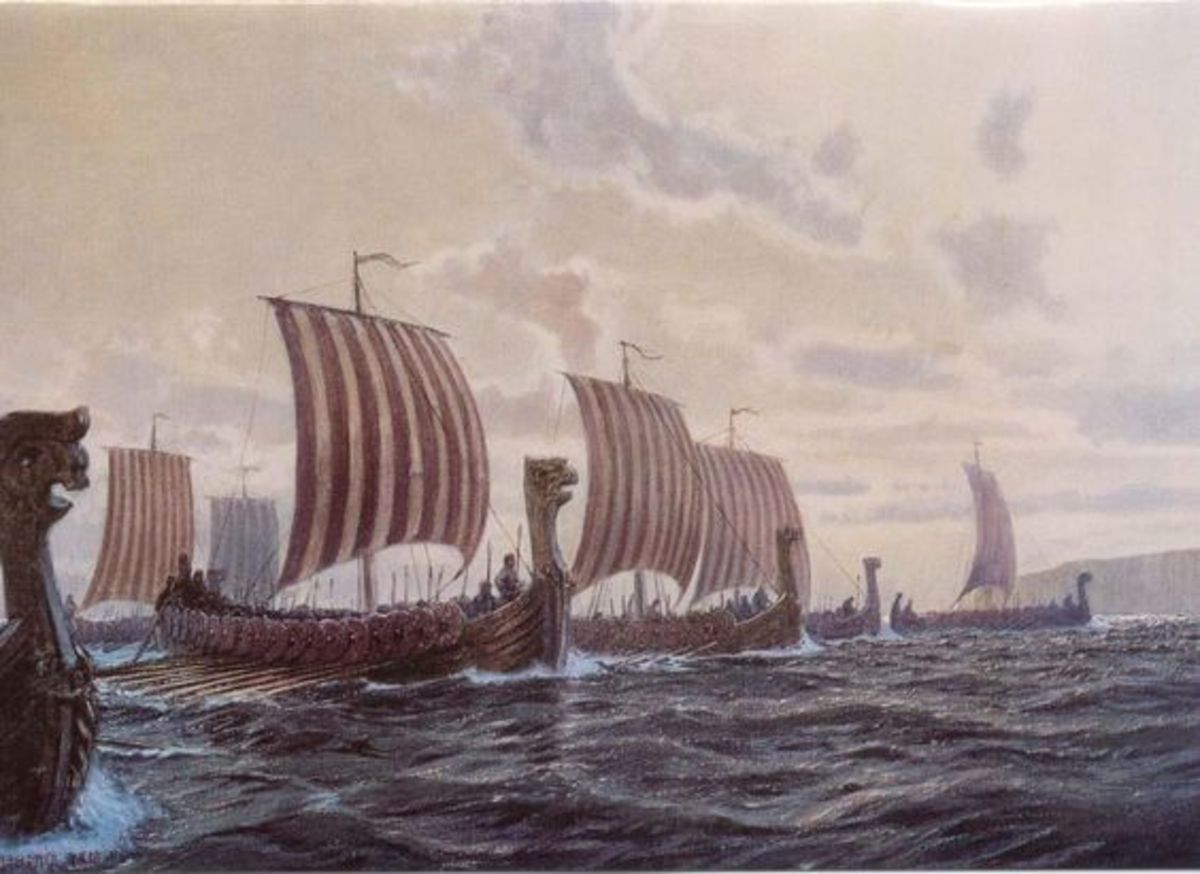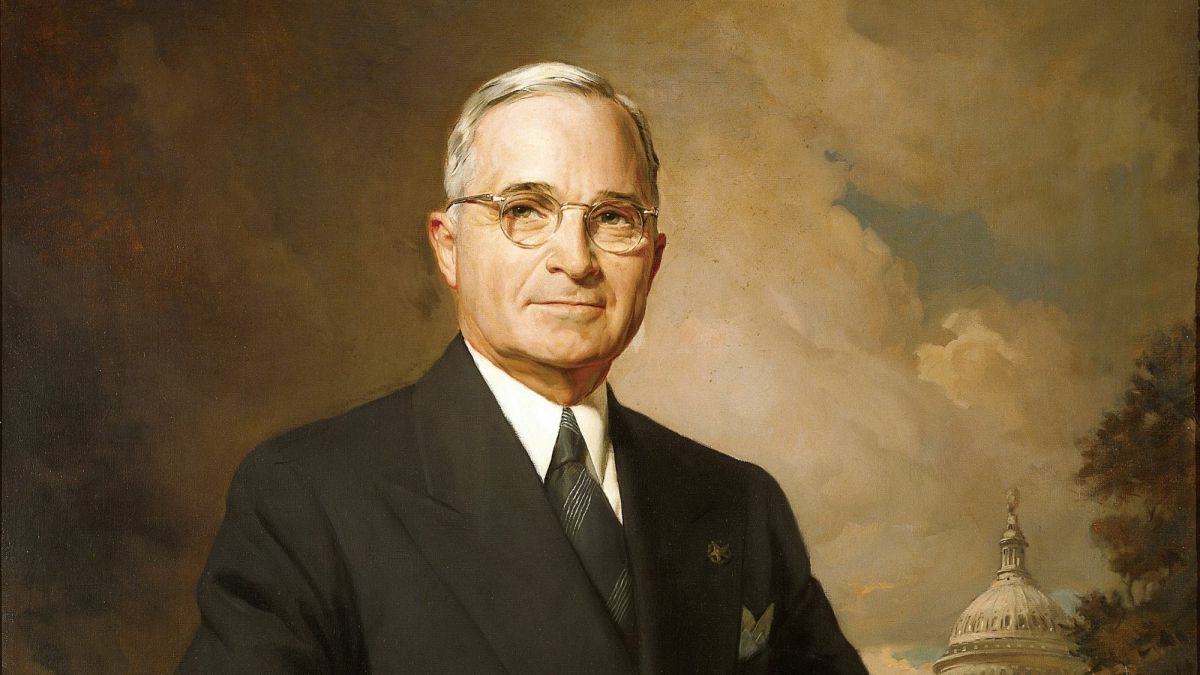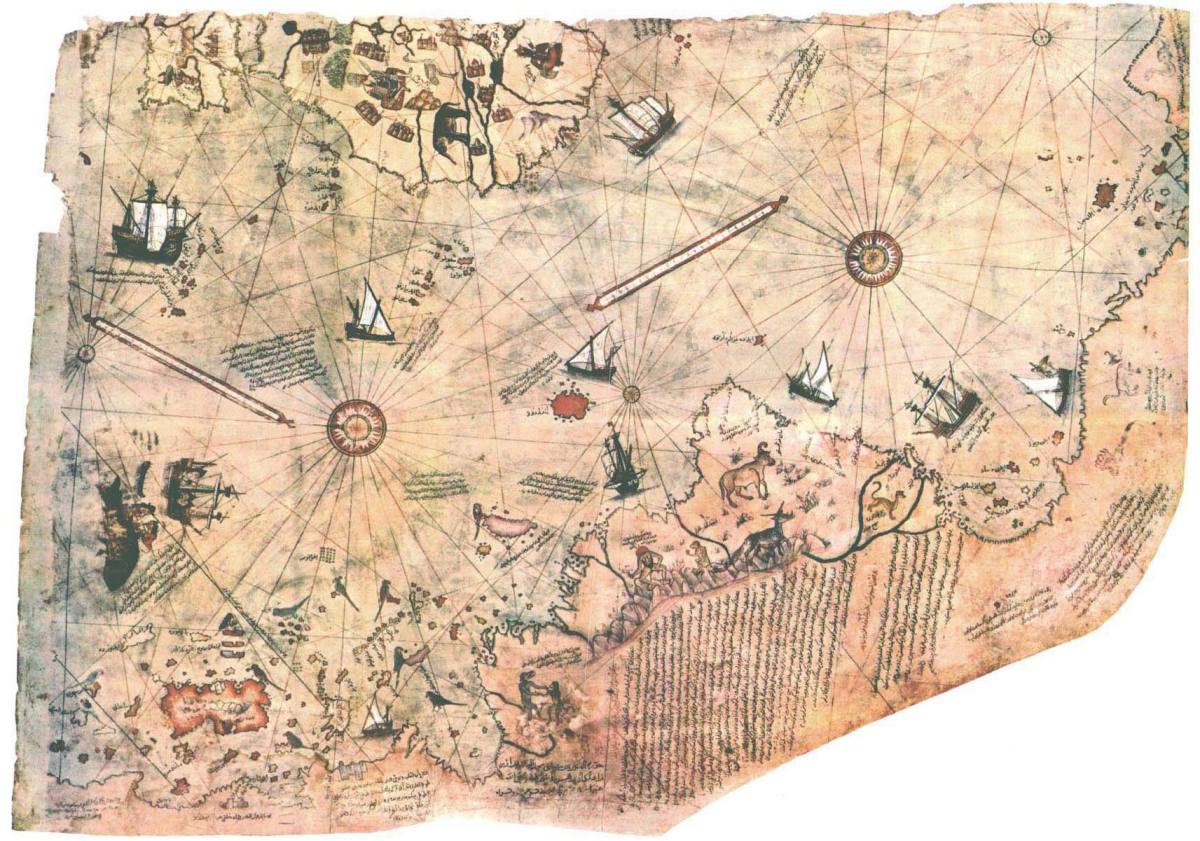Historians v. Politicians: A Dangerous Mixture
Politicians vs. Historians
One of the issues that causes a great deal of consternation in the field of history is that of relativism. Some postmodern thinkers question the wisdom of continuing the study of history, arguing that historians are merely giving their opinion of a given historical personage or event, rather than giving some measure of truth, itself a concept that the most radical of postmodernists would dispute as to its validity. Some politicians question the wisdom of teaching certain interpretations of history because some revisionist interpretations carry with them the possibility of undermining the established order.
Byrne (2005) reported on the 34thJefferson Lecture in the Humanities, delivered by Donald Kagan in 2005. Kagan’s speech made a very important argument, namely, that history provides a good basis for moral judgments. For this reason, politicians should not censure historians, as it impedes against free speech and the academic freedom to investigate topics that may be unpopular.
Kagan’s address attacked the “baleful influence of postmodern theory on the humanities” that is largely based on a belief that any search for an objective truth is “part of the racket by which ruling groups try to retain power” (p. A15). His speech, titled “In Defense of History,” was in large part a rebuttal of the previous year’s Jefferson Lecture, delivered by Helen Vendler. The 2004 speaker argued that an emphasis on history and philosophy should be jettisoned in favor of study of language, literature, and the arts.

Conservatives Lambaste "Revisionist" Historians
The topic of history standards in K-12 classrooms may seem an unimportant topic for adult learners at first glance. However, the subject is important for at least two reasons. First, many college students attend school for the purpose of teaching K-12 students, so state or national history standards will undoubtedly affect them. Secondly, the K-12 experience is supposed to prepare students for the college experience. Those who come to college with a skewed understanding of what history is could have a difficult time at first because of their misunderstandings.
Nash, Crabtree, and Dunn (2000) pointed out the massive outcry that arose out of their attempt to rewrite the California history standards, while incorporating the latest in historical research. Some conservatives, such as Lynn Cheney and Rush Limbaugh, moaned that the newer standards were too multicultural because they emphasized the lives of slaves and American Indians, while only having a few references to George Washington.
To these conservatives, “revisionist” historians are merely attempting to re-write history to promote a liberal agenda. Limbaugh complained that history is merely the facts that happened and that no interpretation is necessary, not understanding what historians do, or “that written history is based on carefully gathered evidence but that historians must weave facts into plausible explanations of the human experience” (p. 9). More recently, there was a move in the Oklahoma legislation to basically ban AP US History because the course did not require the educator to teach American exceptionalism.
Appleby, Hunt, and Jacob, Telling the Truth about History
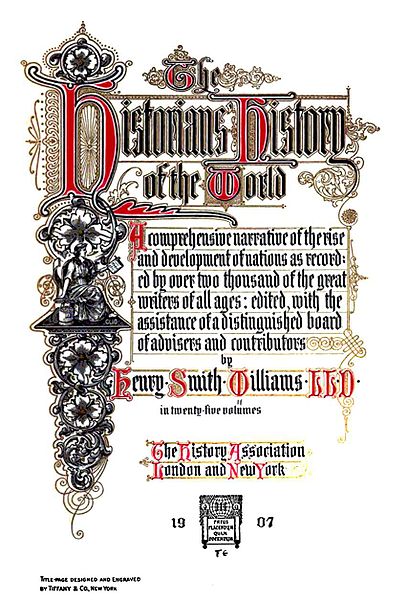
"Telling the Truth about History?"
Appleby, Hunt, and Jacob (1995) discussed the issue of truth in history and tended to take a middle road. They understood the need for revisionist history, while also understanding the problems inherent in extreme cases of postmodernism. They point out the change in the historiography regarding the founding generations that took place between the American Civil War and the Progressive Era. Those writing from the pre-Progressive viewpoint viewed the founders of the nation, much as Thomas Jefferson did—a collection of demigods who were selfless and committed to the ideas of liberty and equality.
Appleby, Hunt, and Jacob point out Charles Beard’s revision of this highly idealized view of the Founding Fathers. Beard came upon the realization that the founders held many government bonds that promised to pay off handsomely if the Articles of Confederation were replaced by a more effective government. Beard became a very controversial figure: “the debunking elan of the Progressives roused the ire of the industrialists and financiers who had just settled into enjoying the country they had so recently bought, but rank-and-file Americans named Beard…one of the ten most influential men in the United States” (p. 140). New historical interpretations have definitely been controversial throughout the nation’s history.
Appleby, Hunt, and Jacob (1995), while affirming the revisionism of such historians as Beard, found postmodernism troubling. If the interpretation of the text is all that matters, there can be no understanding of past cultures other than what the reader makes of it. They argued that “there can be no postmodern history” because “postmodernism cannot provide for the future when it claims to refuse the entire idea of offering models for the future” (p. 237). The extreme relativism of the most radical postmodernists would lead to a world in which no historical interpretation is considered more accurate than another.
There Are Major Problems with Historical Relativism!
Trueman (2010) points out this problem with his handling of the history of the Holocaust in his book Histories and Fallacies. He discusses Holocaust Deniers and points out the problems that they present for extreme postmodernists. Without any objective historical method or basis for moral action, radical postmodernists are likely to fall into the trap of the Holocaust Denier’s deception. He points out that legitimate historians can have disagreements over the Holocaust, specifically over whether it was an intentional event planned over the long term or a process that came about progressively. Both groups operate on the basis of common assumptions, and their arguments are subject to scrutiny. In a world that is bereft of all conception of truth (as in that which corresponds to reality), history merely becomes historical fiction.
Moore (2002) points out Perry’s model of cognitive development to indicate stages that individuals go though in their learning process. Perry listed nine stages that began with a belief in dualism in terms of right/wrong, black/white, or truth/falsehood. From this dualistic viewpoint, people tend to have their assumptions questioned and then move into a sort of relativistic state. However, this is not the final stage in cognitive development.
The final stage constitutes a commitment within relativism. There may be differing opinions, and some may each hold some level of correspondence with reality, but this relativism does not hold all views as equal. Historians tend to hold to the final stage in regard to their interpretations of history, while those who want an idealized version of (especially early American) history find this revisionism problematic.
Is revisionist history an attempt to destroy America?
Are Only Dead, White Dudes Worth Studying?
Such frustration over the re-writing of early American history in relation to the treatment of Indians or African slaves has provided quite the battlefield. Recently, as McKinley (2010) noted, conservatives in Texas voted to put their stamp on the state’s history curriculum. None of the board members was an actual historian, but they voted to change the state’s history text by removing some references to Jefferson (over the idea of the separation of church and state) and Hispanics in Texas history, among other items.
Elected officials with little understanding of history can present a problem by skewing the viewpoint that students receive. These changes seem more concerned with perpetuating one view of history that legitimizes those in power, rather than a more accurate view of history that takes into account multiple perspectives.
The conflicts listed above promise to continue into the future, as differing interpretations of historical events continue to come about. Policymakers inevitably get involved as certain constituencies begin to complain that those revisionist historians are trying to change their history. The development of historical consciousness among the college educated tends to follow along Perry’s schematic for learning in adulthood; however, many in the general population have not reached this point in their cognitive development.
History standards can impact adult learners because the history standards various states require will become the dominant narrative in the classroom, and these adults who will take over these classrooms will have to adapt to new standards that are often written by non-specialists. Instead of having this problem arise, it would be better for radio personalities and politicians to leave the writing of history to the historians.
References
Appleby, J., Hunt, L., and Jacob, M. (1995). Telling the truth about history. New York, NY:
Norton.
Byrne, R. (2005, May 27). Jefferson lecturer defends “value of history.” Chronicle of Higher
Education, p. A 15.
Davis, B. G. (2009). Tools for teaching. San Francisco: Jossey-Bass.
McKinley, J. (2010, March 12). Texas conservatives win curriculum change. The New York
Times. Retrieved from http://www.nytimes.com/2010/03/13/education/13texas.html.
Moore, W. S. (2002). Reconsidering the Perry scheme of intellectual and ethical development. In
B. K. Hofer and P. R. Pintrich, (Eds.), Personal epistemology: the psychology of beliefs about knowledge and knowing (pp. 17-36). Mahwah, NJ: Lawrence Erlbaum Associates.
Nash, G. B., Crabtree, C., and Dunn, R. E. (2000). History on trial: culture wars and the
teaching of the past. New York, NY: Vintage.
Treuman, C. (2010). Histories and fallacies: problems faced in the writing of history. Wheaton,
IL: Crossway.


